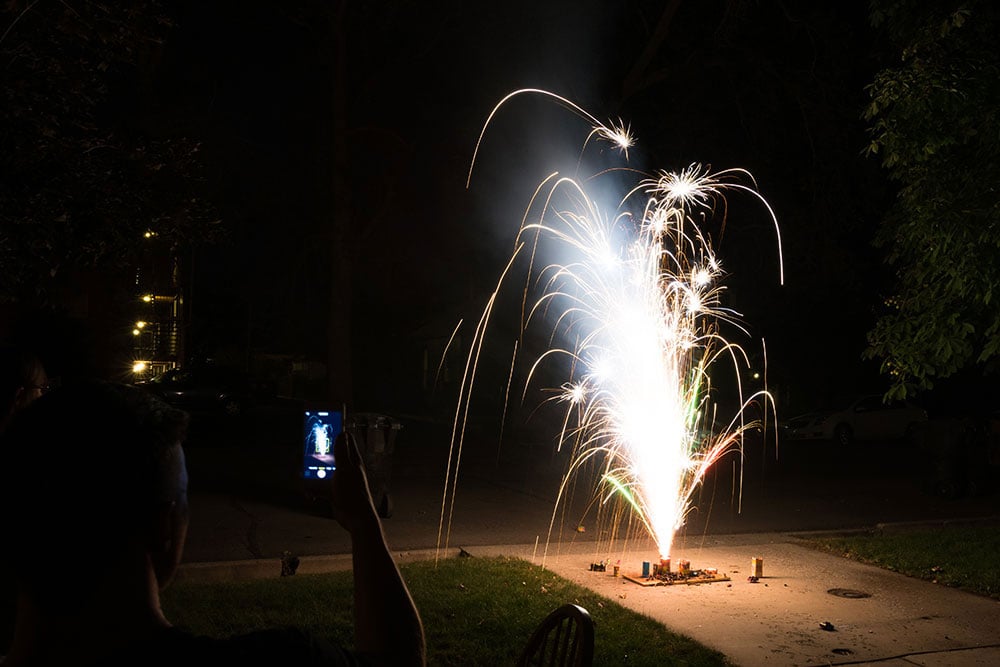Collier’s Weekly: Keep the Duquesne Love Flowing — in the Name of Chuck Cooper
Let’s not let the wave of support for Duquesne basketball be short-lived. After all, this team has a vital role in sports history.
For a week, the eyes of the city were fixed on the Duquesne Dukes — for the first time in a while.
When the men’s basketball team suited up for their opening-round contest with Brigham Young last Thursday, it was the first March Madness appearance for the Dukes since 1977. When they won that game, it was Duquesne’s first tournament victory since 1969. The women’s team has a similarly sparse postseason resume, with only one appearance logged since their 1974 founding.
The Dukes, for the most part, have been the afterthought of an afterthought over the past half-century — at least in the minds of Pittsburgh sports fans, who have little time for basketball. Pittsburgh, we are told, is not a basketball town; that’s one of those truisms that holds on more strongly because people keep repeating it rather than for any other reason, but there are certainly a great number of sports diehards around here with little interest in hardwood.
The fish, it seems, did not actually save Pittsburgh.
In any case, when hoops enter the Pittsburgh mindset, it’s usually thanks to the University of Pittsburgh, where both the men’s and women’s teams have extensive tournament histories.
Yet the most important moment in local basketball history involves the Dukes, not the Panthers.
That would be the day in the late 1940s when Chuck Cooper, an All-American with Duquesne, suited up for a road game below the Mason-Dixon line — the first time in history that a Black player had played in a college game in the South. This came after the University of Tennessee traveled to Pittsburgh then refused to compete against a team with Cooper on the roster.
And it came before Cooper became the first Black player drafted by the National Basketball Association, breaking the game’s color line just three years after Jackie Robinson did the same in baseball.
Related: New Line of Converse Sneakers Honors Chuck Cooper’s Legacy
While Cooper was not the first African American to play in the league — he opted instead for a stint with the Harlem Globetrotters before eventually joining the Celtics — his fearless journey to play the game in what was certainly a hostile environment opened the door for Black players to compete at the game’s highest level.
Cooper has been rightly, if belatedly, honored in recent years, with an induction into the Naismith Memorial Basketball Hall of Fame in 2019 — a year before Duquesne’s home court was renovated and renamed the UPMC Cooper Fieldhouse.
As our brief spell of Dukes Fever clears up, however, we risk once again forgetting or underappreciating Cooper’s place in the Pittsburgh sports firmament. He’s someone who should be mentioned alongside Roberto Clemente, the Steel Curtain and Josh Gibson — a figure as worthy of honor as any who has competed in this part of the world.
The Hall of Fame was overdue; the renaming of the fieldhouse was obvious. What should happen, whenever possible, is keeping Cooper front of mind; his name should be on t-shirts in the Strip District and placards throughout his former stomping grounds.
Pittsburgh may not be a basketball town (depending on who you ask), but it’s a town that loves its history — and Cooper is our history.















